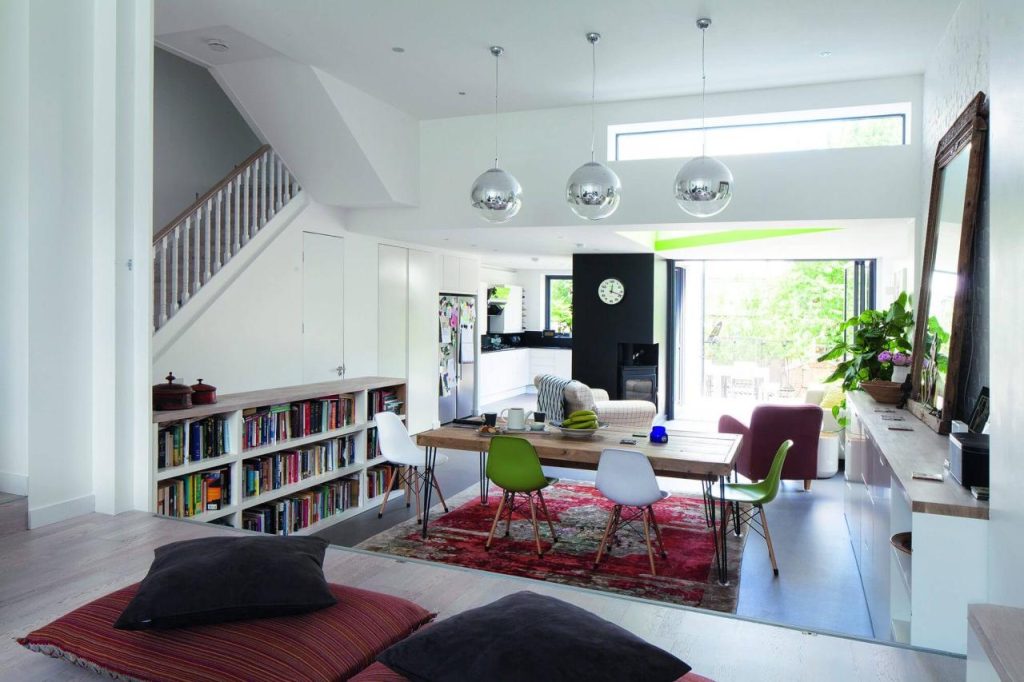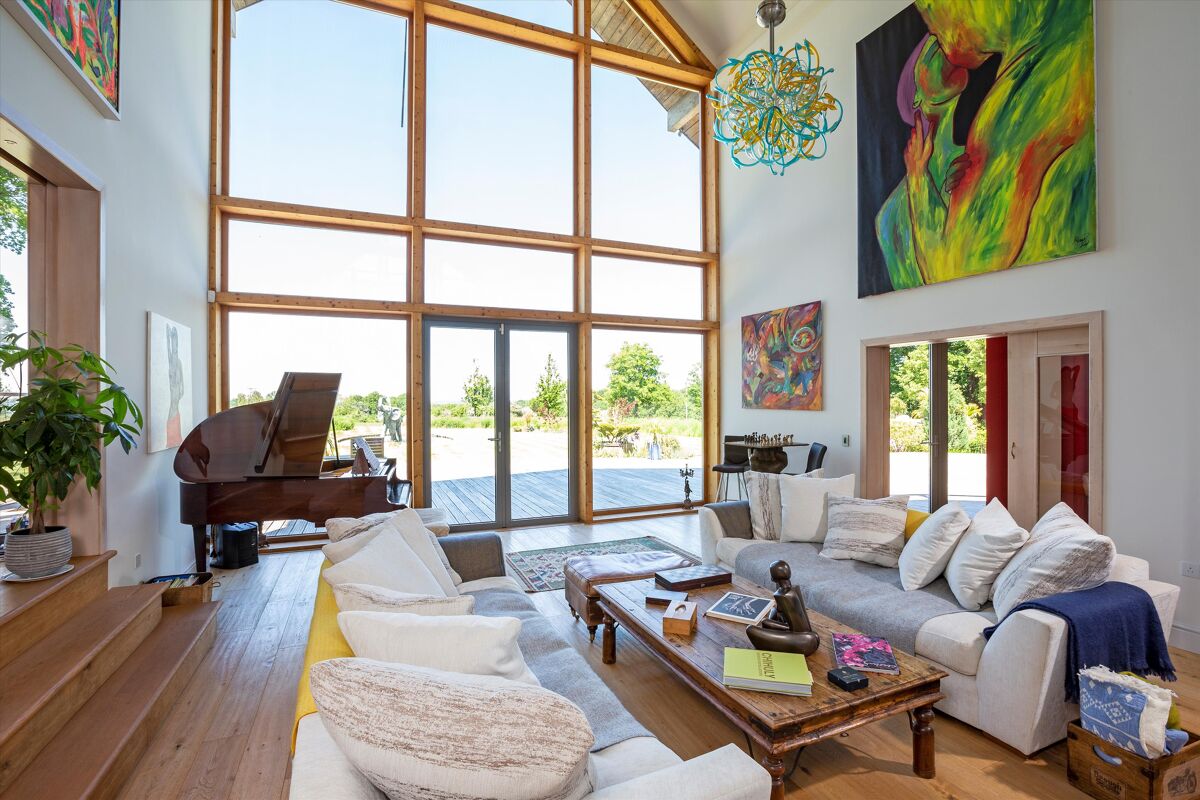
Renovating for Energy Efficiency: Sustainable Solutions for a Greener Home
Renovating your home not only allows you to enhance its aesthetics and functionality but also provides an excellent opportunity to improve its energy efficiency. With growing concerns about climate change and rising energy costs, incorporating sustainable solutions into your renovation project can make a significant impact. In this article, we will explore the importance of renovating for energy efficiency and provide practical tips for creating a greener home.
- Conduct an Energy Audit: Before embarking on your energy-efficient renovation journey, it’s essential to understand your home’s current energy usage. Consider hiring a professional energy auditor or using online tools to assess your home’s energy efficiency. An energy audit will identify areas of improvement and guide you in making informed decisions during the renovation process.
- Enhance Insulation: Proper insulation is a cornerstone of energy-efficient homes. Inadequate insulation can result in heat loss during winter and heat gain during summer, leading to increased energy consumption. Evaluate your home’s insulation, including walls, floors, and roofs, and consider upgrading to high-quality insulation materials. This will help maintain a comfortable indoor temperature and reduce the need for excessive heating or cooling.
- Install Energy-Efficient Windows and Doors: Windows and doors are significant contributors to energy loss in a home. Consider replacing old, drafty windows and doors with energy-efficient models. Look for windows and doors with low U-values and high energy performance ratings. These features will help prevent air leakage, reduce heat transfer, and improve overall energy efficiency.
- Upgrade to Energy-Efficient Appliances: During your home renovation, consider upgrading to energy-efficient appliances. Look for appliances with an Energy Star certification, which indicates they meet strict energy efficiency standards. Energy-efficient appliances, such as refrigerators, dishwashers, and washing machines, consume less energy and can significantly reduce your household’s energy consumption.
- Optimize Lighting: Lighting represents a significant portion of a home’s energy usage. Replace traditional incandescent bulbs with energy-efficient LED or CFL bulbs. These bulbs use less energy, last longer, and provide the same brightness. Additionally, consider installing motion sensors or timers to automatically turn off lights in unoccupied areas, further reducing energy waste.

- Harness Solar Power: Solar power is a clean and renewable energy source that can significantly reduce your reliance on the grid. Consider installing solar panels on your roof to generate electricity for your home. This investment will not only reduce your carbon footprint but also provide long-term savings on your energy bills.
- Incorporate Passive Design Strategies: Passive design strategies focus on maximizing natural light, ventilation, and thermal comfort to reduce the need for mechanical heating and cooling. During your renovation, consider incorporating passive design elements such as strategically placed windows, shading devices, and natural ventilation systems. These strategies can improve indoor comfort while minimizing energy consumption.
- Water Conservation: While renovating, don’t forget about water conservation. Install low-flow faucets, showerheads, and toilets to reduce water usage. Consider incorporating rainwater harvesting systems for outdoor irrigation. These measures will not only save water but also reduce the energy required for water heating and distribution.
- Proper Waste Management: Renovations generate a significant amount of waste. Ensure proper waste management by recycling and disposing of construction materials responsibly. Look for recycling centers or donate reusable materials to minimize the environmental impact of your renovation project.
- Seek Professional Advice: When renovating for energy efficiency, it’s beneficial to consult with professionals specializing in sustainable design and construction. They can provide valuable insights, recommend appropriate materials and technologies, and ensure your renovation aligns with green building principles.
By incorporating these energy-efficient solutions into your renovation project, you can create a greener, more sustainable home. Not only will you reduce your environmental